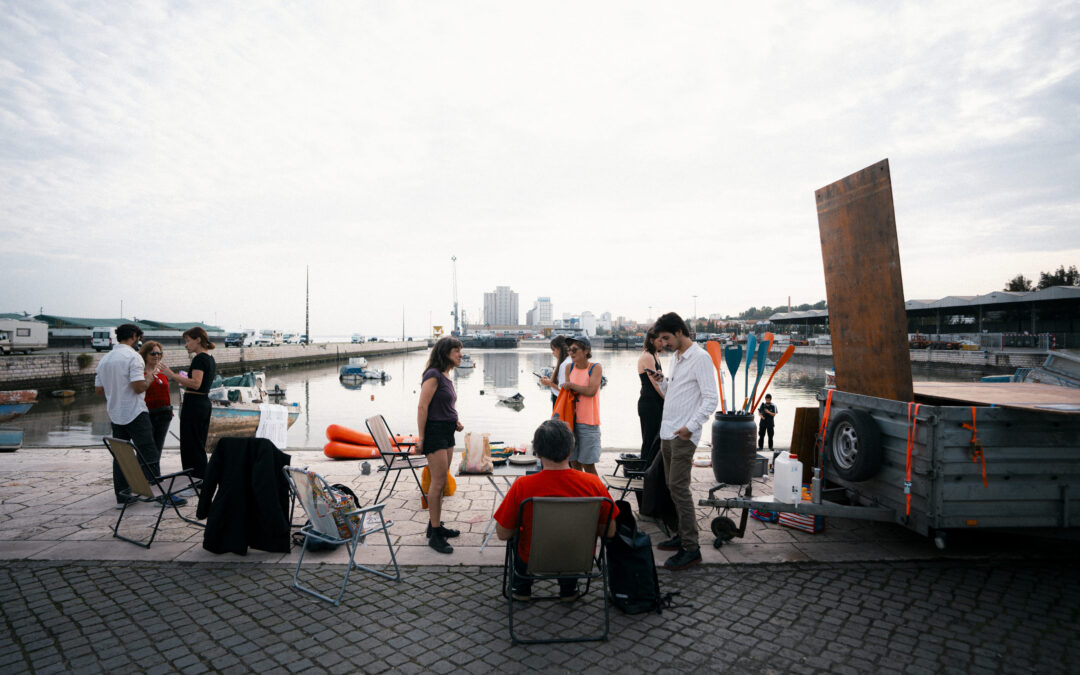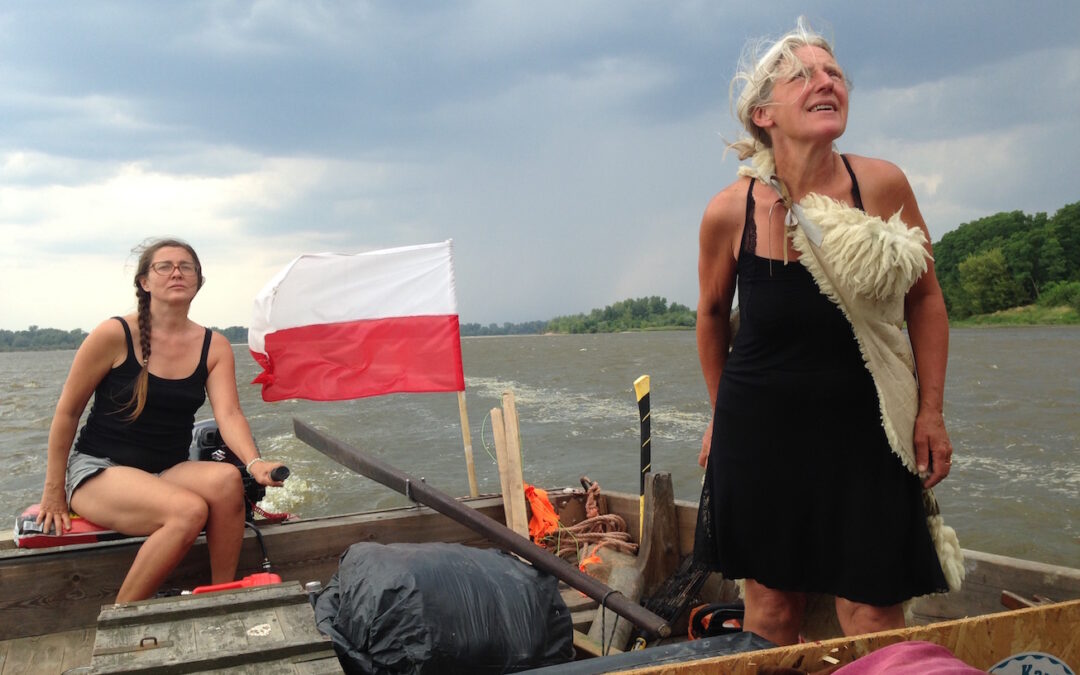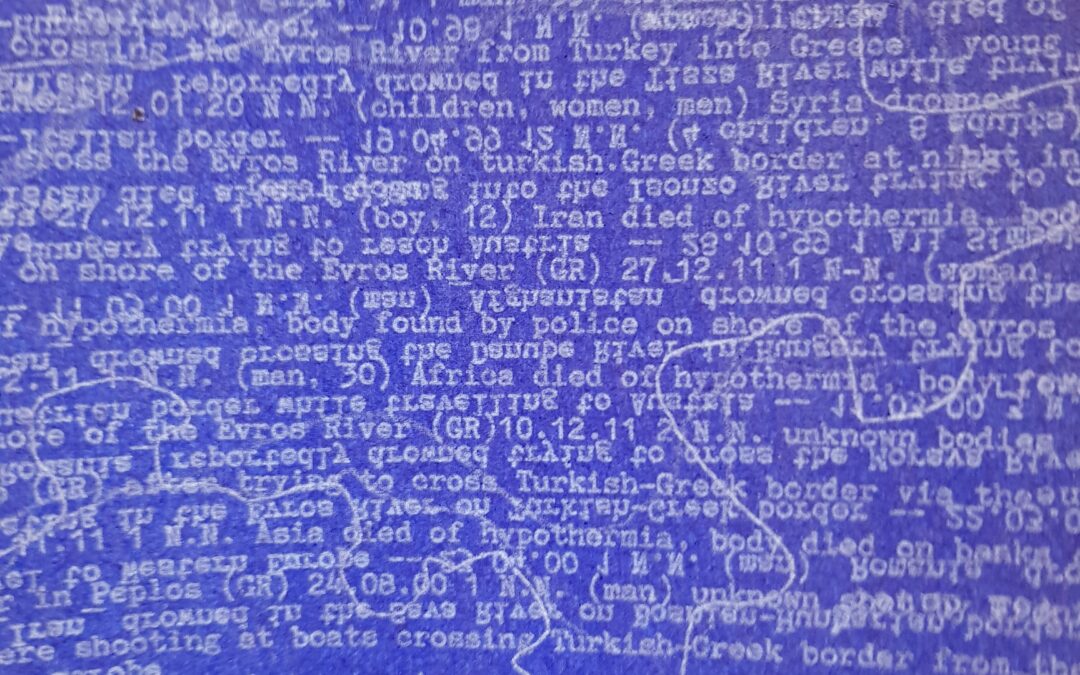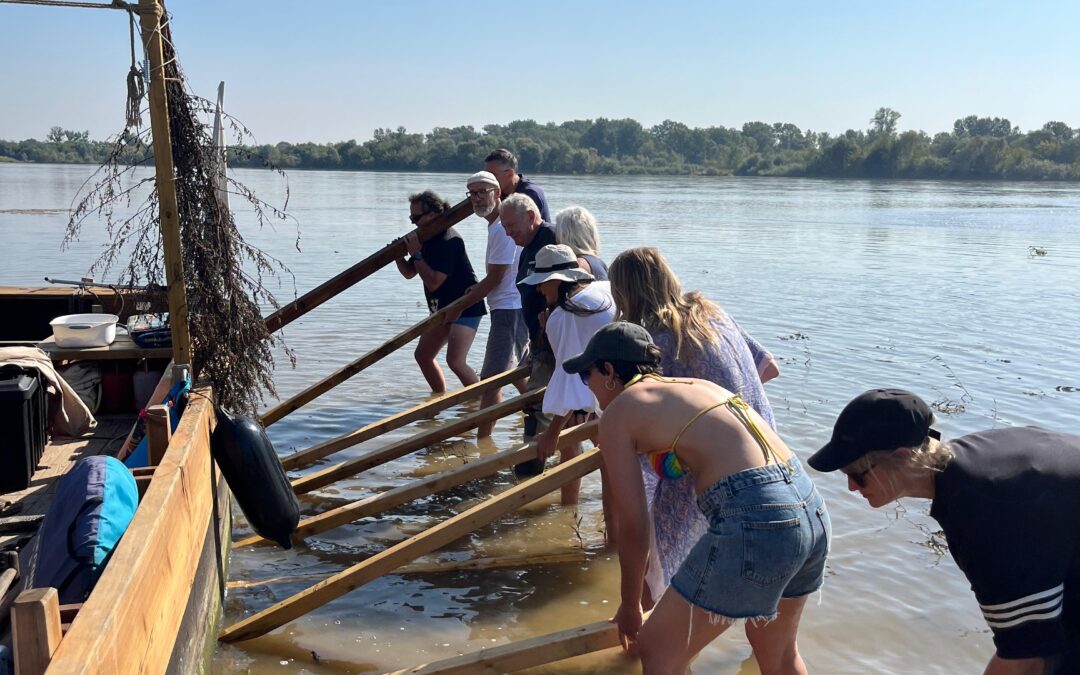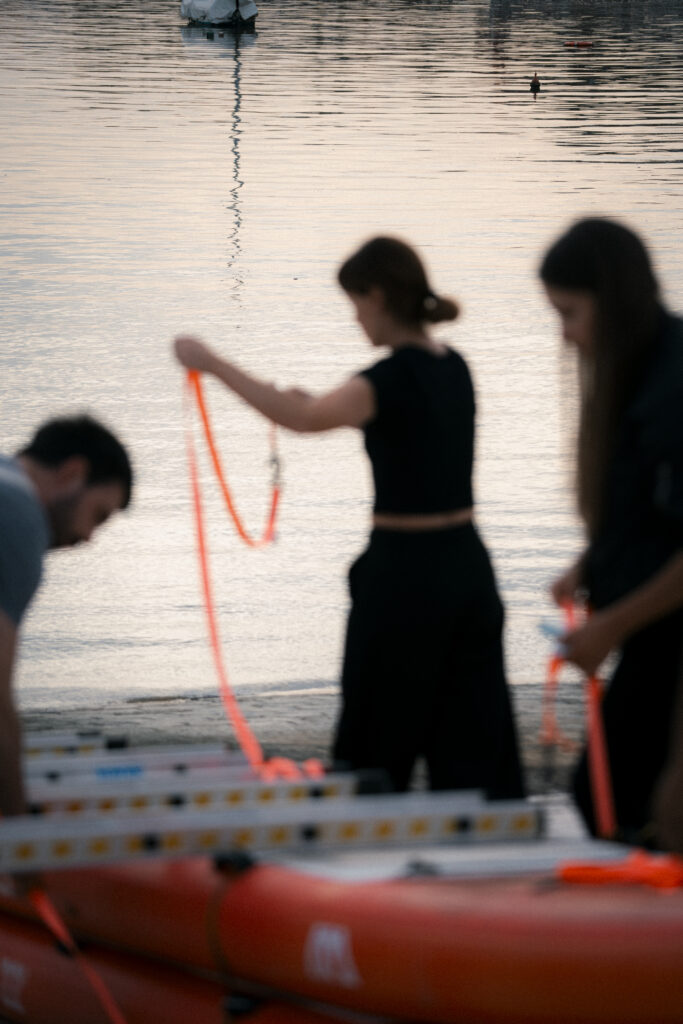
Photo by Manuel Casanova
My three-year old daughter, eager to help, is stationed at the kitchen sink with a scrub brush in her hand. Washing, or slopping water from one bowl to another, is her new favorite task. Sometimes she stands mesmerized, just watching the water flow from the tap while I crack my knuckles trying not to interfere. I don’t want to discourage her from helping, you see.
After a few soft attempts— “I think that’s enough”— I blurt out, “Sweetheart! You can’t waste water like that!” I jam the tap shut. She cries. And slams it back on.
Hours later I shake my head with disappointment. Are messages of wastefulness and scarcity how I plan to get my children to care for water? Is force how I intend to deliver these narratives? I wish I had more spacious stories to hand down to them. Ones that don’t pulse with fear. A mythology, perhaps, that invites them into a personal relationship with their liquid kin.
But what can I give them if I don’t have these stories myself? Atop my parents’ backs, I learned to love swimming. In the summer heat, I came to appreciate the refreshment of cool water. Sitting at the beach, I felt the immensity of the sea. But I never knew these waters as friends or creatures in their own right. I used the name given on the map, never checking to see if this was what the waters wanted to be called.
These meditations, Bodies of Water and Stardust and Dew, are part of my attempt to know the waters around me by recognizing the waters in me. They are experiments in contemplative art with musical accompaniment by my wonderful father, Bruce Ley. If you can, listen to them loudly and somewhere comfortable.
These poetic offerings are just a piece of my puzzle. I am still searching for myths and stories of water that feel alive for my children and I. But in the meantime, it is helpful to remind myself that
we are all bodies of water.
Madelaine Ley is a philosopher, spiritual ecologist, and contemplative artist. Her varied work includes lecturing at Delft University of Technology and Lassonde Engineering School in Canada on digital citizenship, responsible AI, intersectional approaches to tech, and robot-ethics; hosting Sacred Sessions, non-religious gatherings that blend philosophy, art, science, contemplative practice and collective reflection; writing and podcasting for Beauty in the Mire; and experimenting with contemplative art. She was named one of the “100 Brilliant Women in AI Ethics” by Lighthouse3 in 2022 and has been featured by the BBC, Leidsch Dagblad, Yes! Magazine, and Life Itself, as well as funded by The European Pavilion, Horizon 2020 and twice-funded by the Social Science Research Council of Canada. Further information of her work is available at madelaineley.com
